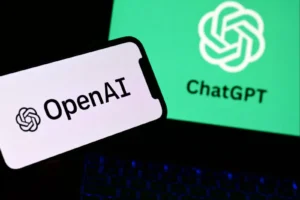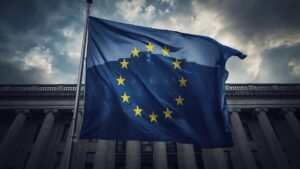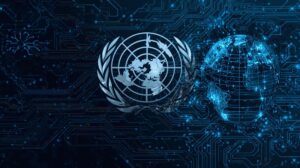Digital Watch Observatory - Digital Governance in 50+ issues, 500+ actors, 5+ processes
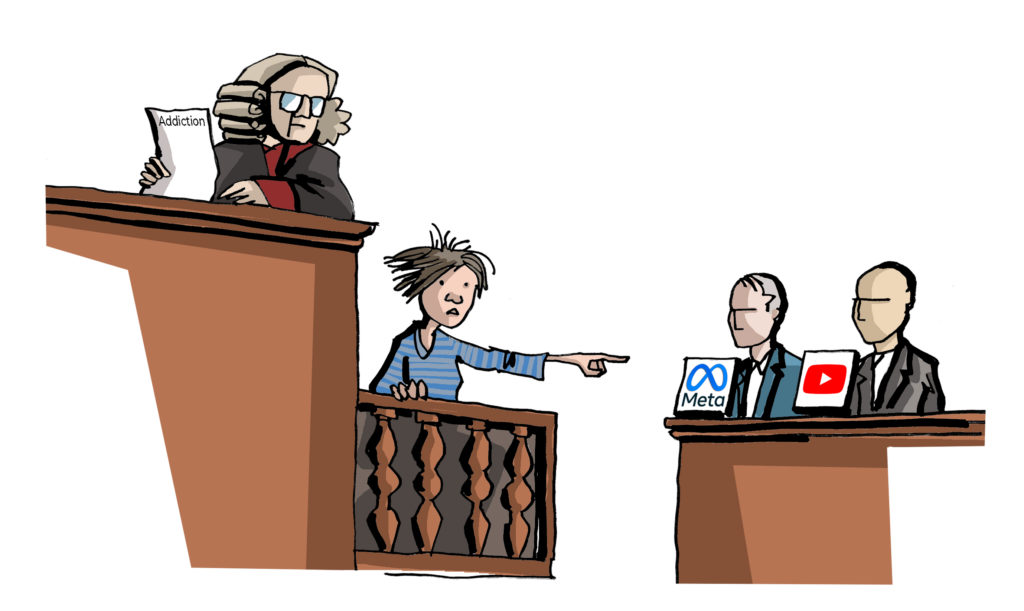
Also in this issue: Why the "cyberspace is a separate world" myth still shapes AI governance today, Anthropic's Pentagon exile over ethical safeguards, digital sovereignty trends intensify, and ten key signposts on the road to the 2027 Geneva AI Summit.
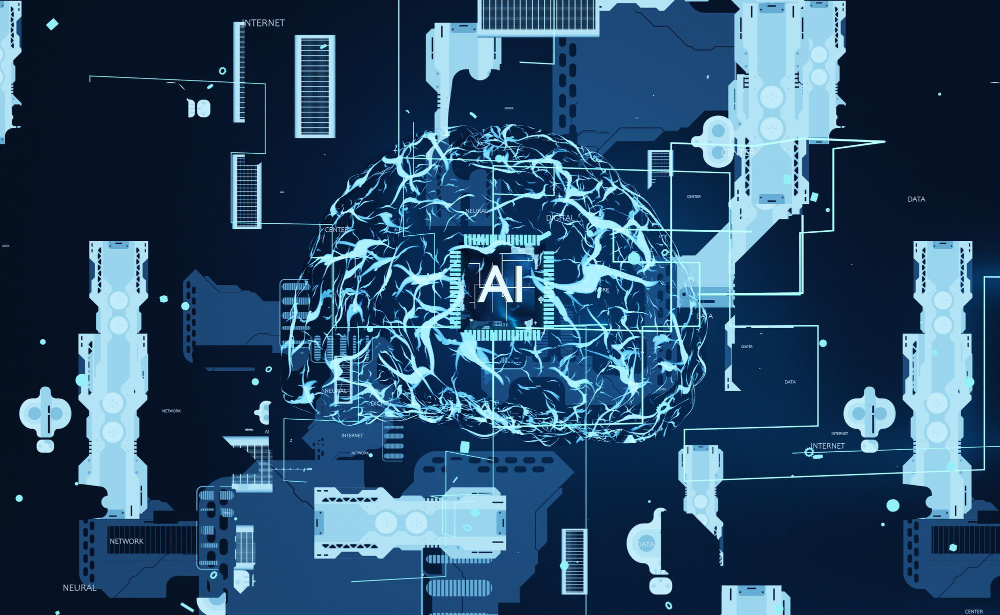
Longitudinal studies provide insights on AI’s effect on student motivation, metacognition, and overall academic performance.

New European standards aim to tackle online violence and discrimination, with a victim-centred, trauma-informed approach.

The rollout of Gemini Canvas inside Google Search highlights growing competition in AI tools.
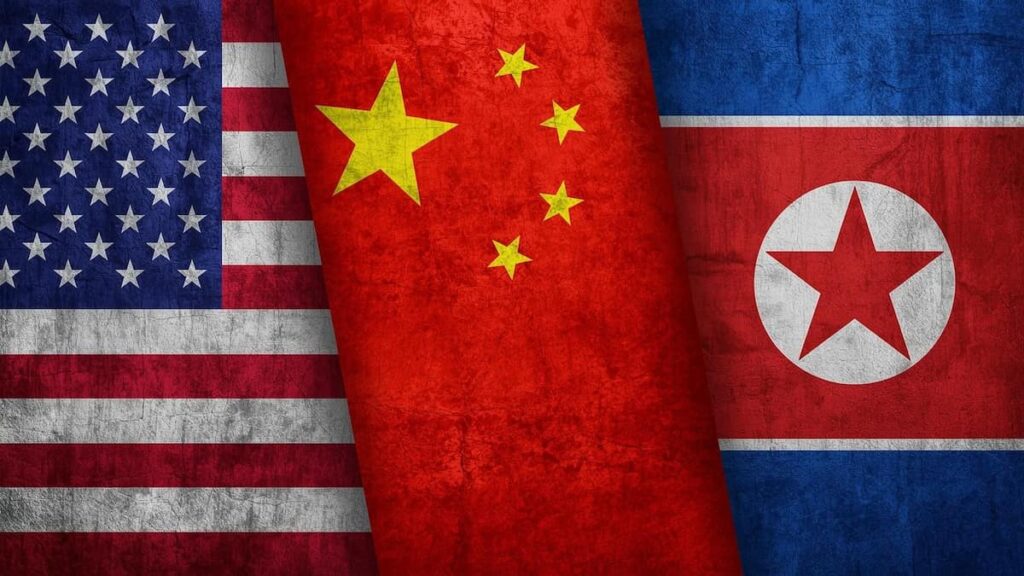
Only three countries currently hold near-complete digital sovereignty across infrastructure, services, data and AI knowledge.
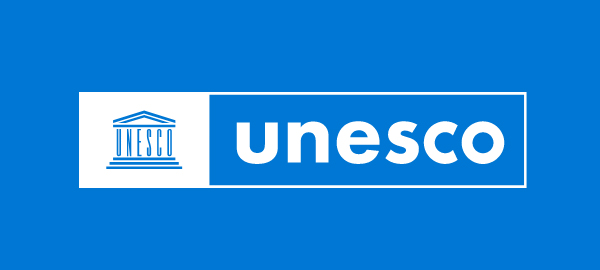
Training, digital skills development and ethical AI governance are central goals of a new cooperation framework, covering Chile and the wider Latin American region.
Must read
Analysis
AI ethics as societal infrastructure in the digital era
Balancing technological progress with societal values is essential, ensuring that intelligent technologies align with society and remain guided by AI ethics.
Analysis
AI slop's meteoric rise and the impact of synthetic content in 2026
As AI slop floods digital platforms, questions emerge about trust, incentives, and the future of information governance.
Analysis
The European marathon towards digital sovereignty
The EU is positioning itself as a solid geopolitical player and is now stepping up in terms of digital sovereignty.
DW at a glance
FOLLOW
WSIS+20 Process
The year 2025 marks 20 years since the finalisation of the World Summit on the Information Society (WSIS), and a review process looking at 20 years of WSIS outcomes implementation will conclude with a high-level meeting at the UN General Assembly (UNGA), in December. This page keeps track of the process leading to the UNGA meeting in December 2025. It also provides background information about WSIS and related activities and processes since 1998.
Explore the Observatory
Digital Technologies
From internet applications to quantum computing, we focus on advanced and emerging digital technologies which are increasingly reshaping our economies and societies.
Clusters of Policy topics
We unpack digital policy by exploring over 50 topics – from access and sustainable development to network security and the future of work – classified in 7 clusters.
Processes
Follow some of the most important digital policy processes, from the EU's work on the Digital Services Act/Digital Markets Act to the UN Cybercrime Ad Hoc Committee.




